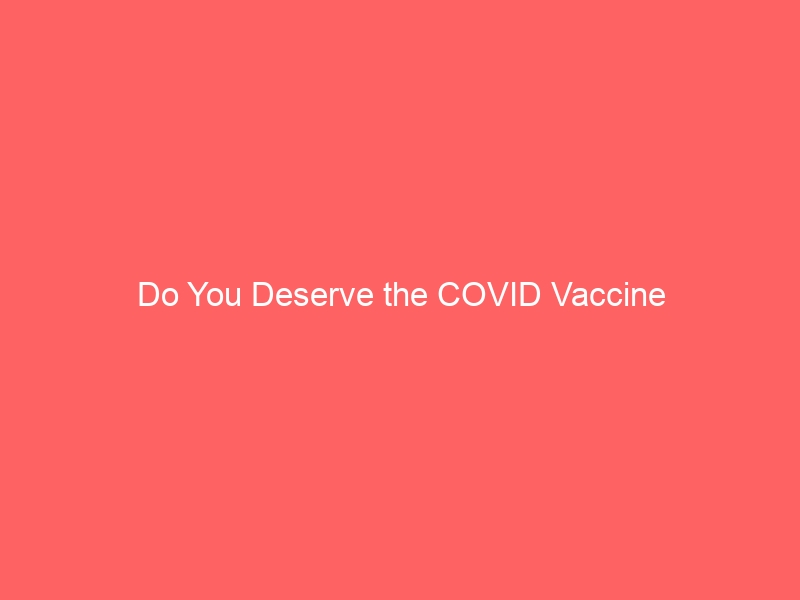The question captivating the country right now. Who deserves to be vaccinated first. The CDC and bioethics associations issued guidelines to vaccinate those most at risk and those actively working in healthcare settings. There exists no debate on that issue. Healthcare workers, regardless of private entity or public entity, simply need the vaccine to continue to selflessly treat others. Then comes the at risk population. Nursing home residents, those over the age of 65, those with comorbidities all deserve the vaccine so they may reenter humanity without valid fear of serious health consequences. As stated, no debate on the issue.
Where the questions arise come with the recent rise of politicians receiving the vaccine out of publicity. Should celebrities and politicians be treated prior to the general public? On one hand, yes for they run our nation. The space they occupy remains congested, overflowing with transient people coming from across the nation polluting a pedestal of our nation’s governance. Politicians who receive the vaccine would projectably increase public trust for Moderna or Pfizer. They’ll show constituents, no you won’t grow a third eye… no, you won’t develop a tail…. or the best one I’ve heard, no. you won’t start to glitch…
On the other hand, Congress continued with the use of masks with, broadly speaking, little incident. Staffers were able to continue work online while politicians took meetings online rather than in person. Therefore, the argument about necessity becomes muddy. High risk category politicians of course should be given the opportunity to receive the vaccine alongside a similar population, but for younger, healthier politicians to seemingly exploit their celebrity to no longer fear covid leaves a bad taste in the mouth. The idea that a healthy politician who has successfully transitioned online received the vaccine before similar aged nurses risking their lives to treat others should unsettle you.
In the New York Times special edition January 3, a woman noted her husband’s position within a nonhealthcare front line business enabled her to obtain the vaccine prior to hospital staff. She noted her ethical dilemma in doing so, but eventually decided to undergo vaccination, for she did not foresee another opportunity to do so. This example raises the point of the ethical dilemma millions of individuals will soon face. Under the assumption each state will purchase enough vaccines for each person, no one will worry about ‘taking’ the possibility of vaccination away. However, under that same assumption, everyone will worry about skipping the line of those who need it.
This line poses the questions, when will it be acceptable for the general population to receive the vaccine, and how will the process look like? Ideally, the CDC will publish systematic guidelines issuing roll outs suggestions for healthcare systems to follow. As a college student, will universities will be considered next, for college students are more likely to asymptomatically transmit the vaccine to older populations. Plus, the immense travel college students contribute to would lower transmission across borders. Yet, college students are least likely to be greatly affected by covid, and every university adapted successfully (in their own way) to the current circumstances. Though no one wishes for Zoom University to continue any further, bioethically if college age students were among the last to be given vaccine opportunities – and instead adult populations received the vaccine – though transmission rates would continue, deaths would decrease. So, ethically, wouldn’t adult general population benefit more from the vaccine.
Like most of healthcare, bioethics plays a role in decision process macroscopically and individually. For example, wearing a mask in public contributes to bioethics because you and society decided to change your behavior for the sake of other’s health. Our decision to stay home for extended periods of time enabled others ot continue their lives.
This oped is meant to implore you to think critically yourself, just as we at The College Voter are doing. If you are interested in the bioethics of COVID on a deeper level, we urge you to look into these links.
